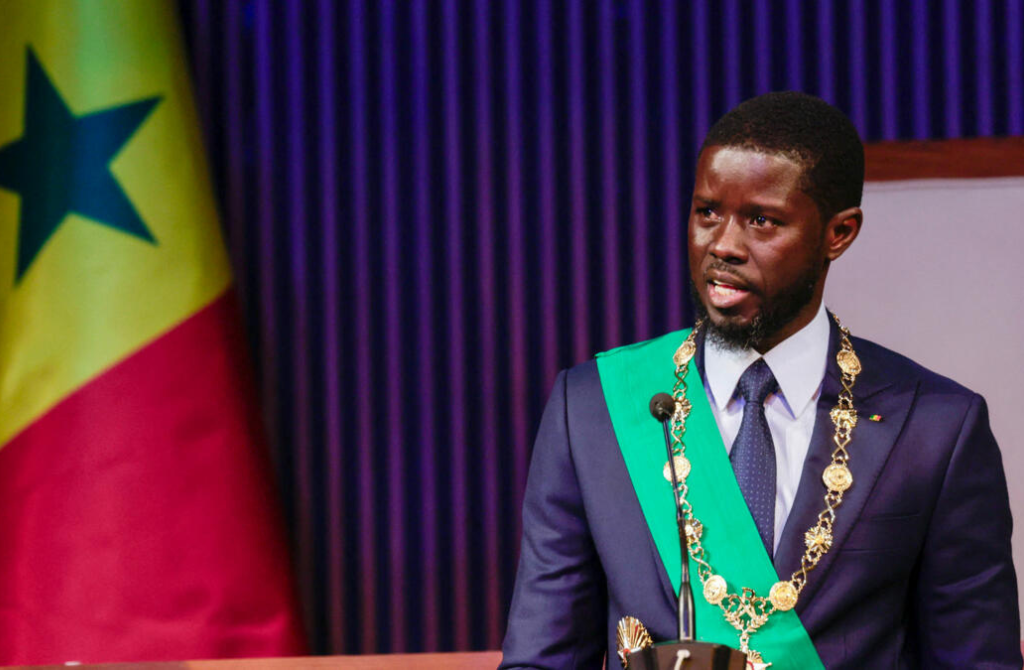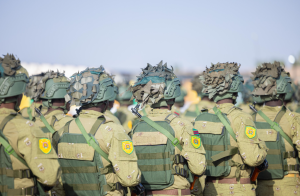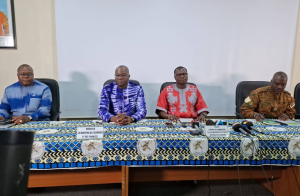Senegal: President Diomaye Faye, from rupture to rallying? Betrayal in a three-piece suit

The veneer of pan-Africanism fades quickly when the realities of power collide with personal ambitions. Diomaye Faye, who once promised economic, monetary, and political sovereignty, now seems to favor the muffled applause of Parisian salons over the cheers of the crowds at Place de l’Obélisque. Has the president of youth and African dignity become yet another pawn in the Franco-African game?
At the heart of the growing discomfort is his increasingly strained relationship with his Prime Minister, Ousmane Sonko. A symbol of a conscious generation and a figure of anti-imperialist struggle, Sonko refuses to betray his commitments. He still speaks of true rupture, of non-negotiable sovereignty, of social justice. And for that, he has become a problem.
The efforts to destabilize Sonko—the revival of legal cases, smear campaigns, diplomatic obstruction—are no coincidence. According to multiple sources, they are part of a well-coordinated strategy, allegedly orchestrated by a Franco-Ivorian alliance seeking to “neutralize” any pan-African figure who dares challenge the established system. Diomaye, seen as the guarantor of this scheme, is said to have agreed to follow in the footsteps of Alassane Ouattara in order to cling to power—even at the cost of burying the popular momentum that brought him there.
But this political choice, no matter how clever it may seem in the short term, could prove suicidal in the long run. The Senegalese people do not have short memories. They removed Macky Sall through the sheer power of voting and mobilization. They can do the same again if the betrayal becomes too clear.
The recent incident at the WAEMU summit in Lomé—where Senegal’s finance minister openly sided against the AES countries—is no mere diplomatic misstep. It is a strong signal: a clear alignment with the interests of those who oppose Africa’s sovereignty. This stance is all the more alarming as it opens the door to dangerous division within ECOWAS and further weakens continental sovereignty initiatives.






